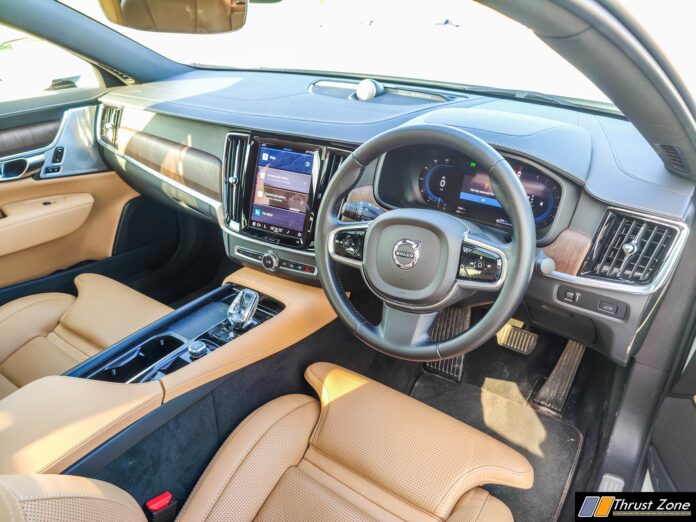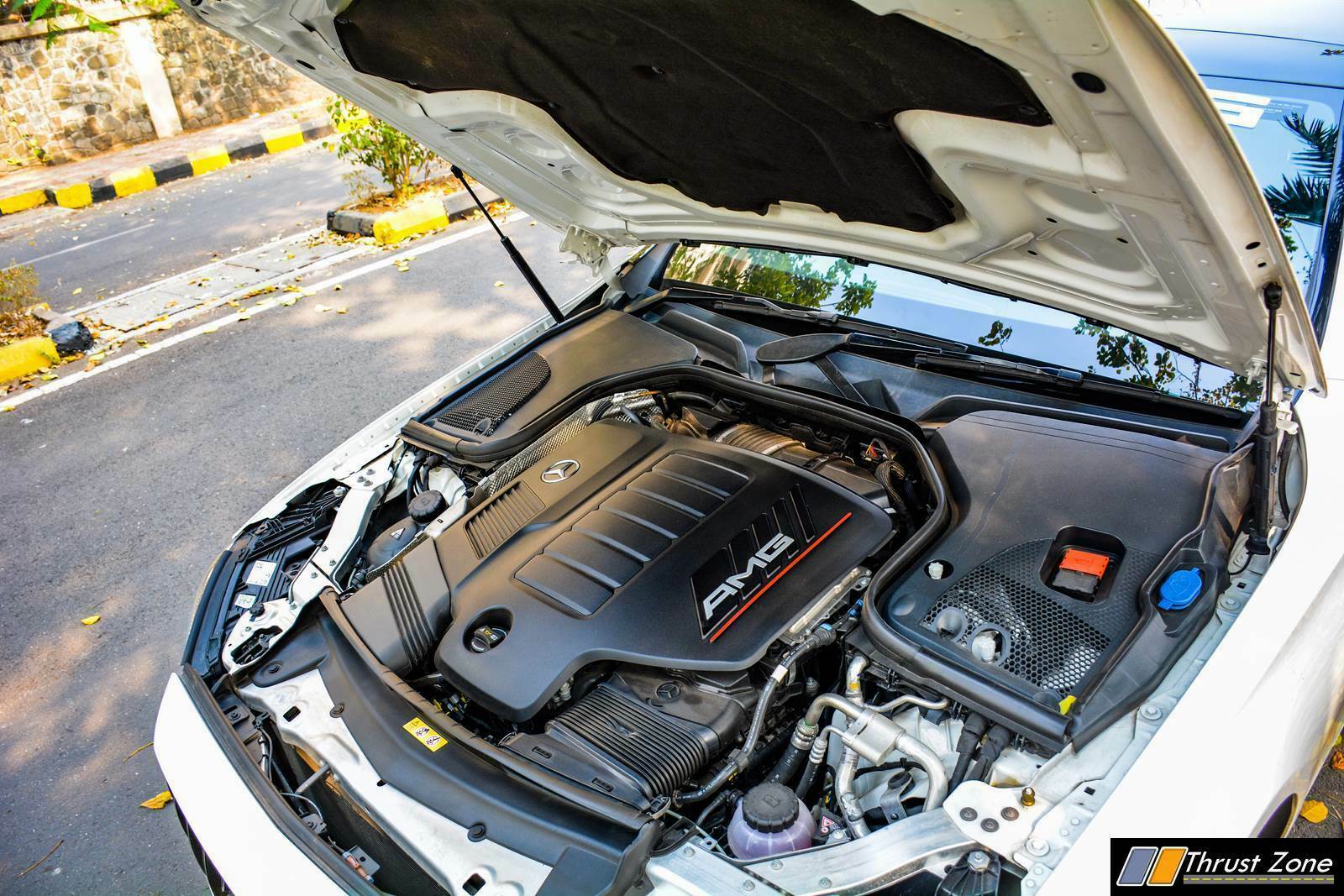Car infestations are a relatively less-discussed but prevalent issue among vehicle owners. Pests in your vehicle can lead to unpleasant surprises, discomfort during drives, and even potential damage to your car’s wiring and interior.
Understanding which pests are likely to take up residence in your car and knowing how to deal with them can save you time, money, and stress. Let’s delve into the common pests you may encounter in your vehicle and how you can handle them.
Detailed Look at Common Pests in Cars: Rodents
Rodents such as mice and rats are notorious for invading vehicles. This usually occurs when cars are parked for extended periods or overnight near places like fields, woods, or residential areas where these creatures naturally reside. Cars provide a warm, secure, and undisturbed environment for these pests, especially during colder months.
Rodents in cars pose a significant problem due to their destructive habits. They have been known to chew through your car’s wiring, causing a myriad of electrical issues that can affect everything from your lights to your car’s overall operation.
They can gnaw on your vehicle’s air filter, upholstery, and other components, leading to considerable and costly damage.
Spiders
Although spiders typically don’t cause physical harm to your vehicle’s structure or wiring, their presence can lead to an uncomfortable and distressing environment, especially for individuals who are arachnophobic. Spiders are attracted to secluded, less-disturbed spaces, making your vehicle an appealing habitat.
Certain species of spiders can bite, causing potential health risks. Their webs can also become a visual nuisance, making it imperative to address a spider infestation promptly.
Ants
Ants can invade your vehicle in search of food and shelter. If you have a habit of eating in your car or leaving food items behind, your vehicle could become a prime target for these persistent pests. Ants can infiltrate through tiny openings and establish colonies, creating an ongoing problem.
Although they don’t typically cause physical damage to the car, their constant presence can be annoying and disruptive. Also, some species of ants, like fire ants, can bite, causing discomfort or allergic reactions.
Cockroaches
Cockroaches are resilient pests that can thrive in a variety of environments, including your car. Like ants, they are typically attracted to your vehicle due to food crumbs, spills, or other organic material. Once cockroaches have established themselves in your vehicle, they can be challenging to eliminate.
Apart from being a major source of discomfort and fear for many people, cockroaches can also carry pathogens, posing a potential health risk. Their feces and shedding skin can trigger allergies and asthma in some individuals.
Bed Bugs
Bed bugs are tiny pests that feed on human blood and can easily hitch a ride on clothing, luggage, or used furniture. If you’ve recently had bed bugs in your home or stayed in an infested hotel, there’s a chance you may have unknowingly transported these pests to your car.
Although they’re not known to transmit diseases, bed bug bites can cause itchy, red welts, and their presence can lead to significant distress. Once established in your car, these pests can be challenging to eradicate due to their hardy nature and resistance to many common pesticides.
Dealing with Pests in Your Car: Practical Solutions
Regular Cleaning
Preventing pests from making your car their home is always a more effective solution than battling an infestation. One of the best prevention strategies is regular cleaning. Ensure you thoroughly clean your vehicle, focusing on vacuuming the seats, mats, and carpets. Wipe down surfaces and clean the crevices to remove food crumbs and stains that might attract pests.
Cleaning should also extend to your car’s exterior. Check wheel wells, grilles, and vents regularly for signs of pests, especially spiders and rodents who may find these spaces attractive for nesting.
Proper Food Storage
If pests have nothing to feast on, they’re less likely to infest your vehicle. As a rule of thumb, avoid leaving food or food wrappers in your car overnight. If you must store food in your car, ensure it’s in airtight containers that pests cannot penetrate.
Be mindful of organic material like pet food, birdseed, or gardening supplies. These items can also lure pests, so they should be stored properly or removed from the vehicle promptly.
Utilizing Natural Repellents
Several natural repellents can deter pests from your car. For instance, peppermint oil is known to repel mice and spiders. You can apply a few drops of this essential oil onto cotton balls and place them around your vehicle. Replace these every few days for the best results.
For ant and roach infestations, diatomaceous earth can be an effective repellent. Sprinkle it around areas where you’ve noticed these pests. Remember, while diatomaceous earth is non-toxic for humans and pets, it’s always crucial to use food-grade diatomaceous earth and use it responsibly.
Seeking Professional Pest Control
Despite your best efforts, if you find yourself dealing with a significant infestation, it may be time to call in the professionals. Pest control services have the expertise and resources to efficiently tackle your pest problem.
Professional pest control experts can handle everything from inspecting your vehicle for signs of pest activity and damage, fumigating your vehicle, and providing targeted treatments to eliminate the infestation. They can also offer advice and solutions on preventing future infestations, helping you maintain a pest-free vehicle in the long term.
Finding the Best Local Pest Control
When looking for the best local pest control service, consider the following factors:
⦁ Experience: Ensure they have a proven track record of dealing with the type of pests you’re experiencing.
⦁ Reviews and ratings: Look at online reviews and ratings to gauge customer satisfaction.
⦁ Safety measures: Check that they use safe, environmentally friendly methods.
⦁ Price: Compare prices from different services to ensure you’re getting a good deal.
⦁ Licensing and certification: Ensure the company is licensed and certified to carry out pest control services.
Takeaway
Dealing with pests in your car can be an unwelcome distraction. However, by identifying the common pests, taking preventive measures, and knowing when to call in professional help, you can maintain a pest-free environment in your vehicle. A clean, well-maintained car is less likely to attract pests, making your drives more comfortable and stress-free.



